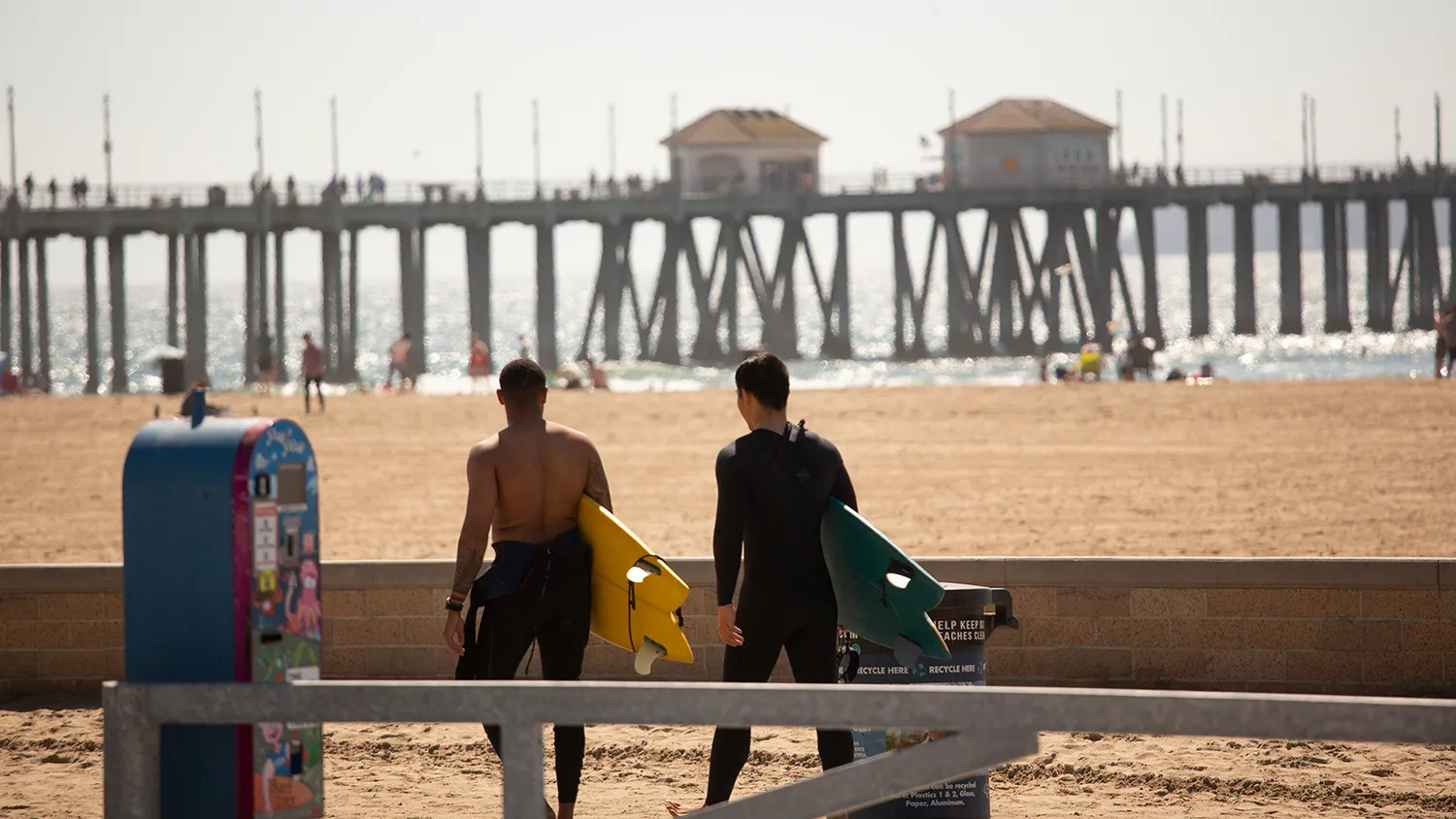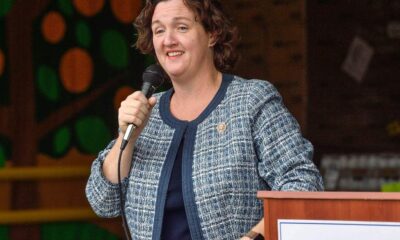California’s attempt to block local voter ID measure fails as Huntington Beach defends voter integrity.
A California judge has dismissed the state’s lawsuit against Huntington Beach, allowing the city’s voter ID measure to stand in a significant victory for local governance and election integrity. The ruling, issued Friday by Orange County Superior Court Judge Nico Dourbetas, found no conflict between the measure and existing state law. This paves the way for the Republican-leaning city to implement one of the state’s few voter ID requirements for local elections.
City Attorney Michael Gates, a staunch defender of the measure, celebrated the decision. “It’s a massive black eye to the state of California,” Gates remarked. “What the state of California needs to know, if they haven’t found out already, is Huntington Beach is not going to be intimidated or deterred.”
The measure, approved by Huntington Beach voters in March, permits city officials to require identification at the polls starting in 2026. It also includes provisions to expand in-person voting locations and bolster oversight of ballot drop boxes. Critics, including Democratic Attorney General Rob Bonta, have argued that the policy is a barrier to voting, particularly for vulnerable groups.
Bonta’s office issued a statement downplaying the ruling, claiming it “does not address the merits of the case” and reaffirming the state’s commitment to challenging the policy. “We continue to believe that Huntington Beach’s voter ID policy clearly conflicts with state law, and will respond appropriately in court,” the statement read.
In response to the measure, Governor Gavin Newsom signed a law in September banning local voter ID policies. However, that law won’t take effect until next year, leaving Huntington Beach’s voter-approved initiative unimpeded for now. Gates contends that the state constitution grants cities like Huntington Beach the authority to enact such measures, stating his commitment to upholding the will of the voters.
The city’s charter status has historically enabled it to push back against state mandates. Known for its conservative leadership, the Huntington Beach City Council has frequently clashed with Sacramento over policies ranging from housing to immigration. The council’s majority-Republican members have consistently prioritized local control, with the voter ID measure being their latest endeavor.
Despite Huntington Beach’s majority GOP voter base, the state’s lawsuit argued that requiring ID could disenfranchise low-income and minority voters. However, supporters of the measure view it as a safeguard against potential election irregularities, highlighting the importance of voter confidence in local elections.
As the state considers its next steps, questions remain about how the measure will be implemented. Huntington Beach could choose to run local elections independently or continue to rely on the county registrar, who has yet to comment on the ruling.
For now, Huntington Beach stands firm in its fight to maintain voter integrity, solidifying its reputation as a city willing to challenge California’s political establishment.


 Environment3 years ago
Environment3 years ago
 Community3 years ago
Community3 years ago
 Uncategorized2 years ago
Uncategorized2 years ago
 Uncategorized12 months ago
Uncategorized12 months ago
 Community3 years ago
Community3 years ago
 Uncategorized3 years ago
Uncategorized3 years ago
 Community3 years ago
Community3 years ago
 Community3 years ago
Community3 years ago






